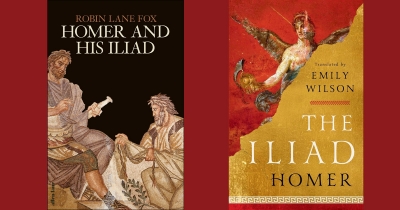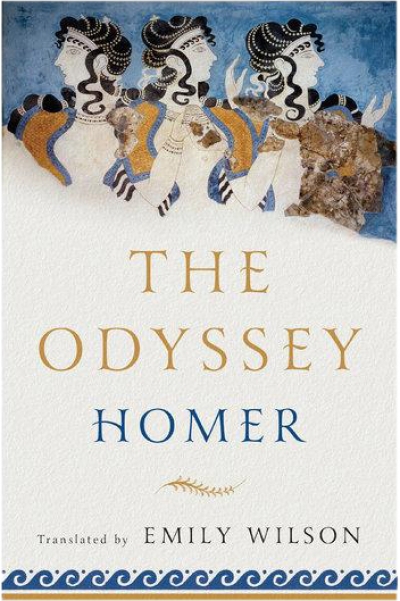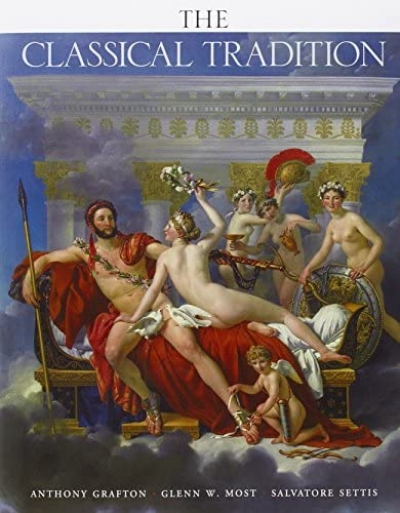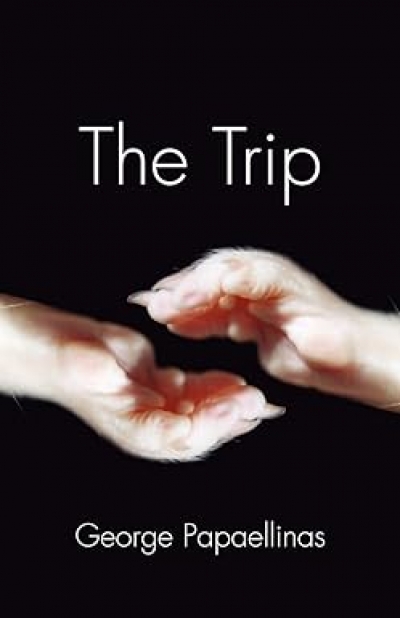Homer
Homer and His Iliad by Robin Lane Fox & The Iliad by Homer, translated by Emily Wilson
The Odyssey by by Homer, translated by Emily Wilson & The Iliad: A new translation by by Homer, translated by Peter Green
by Marguerite Johnson •
The Classical Tradition by Anthony Grafton, Glenn W. Most, and Salvatore Settis
by Christopher Allen •




